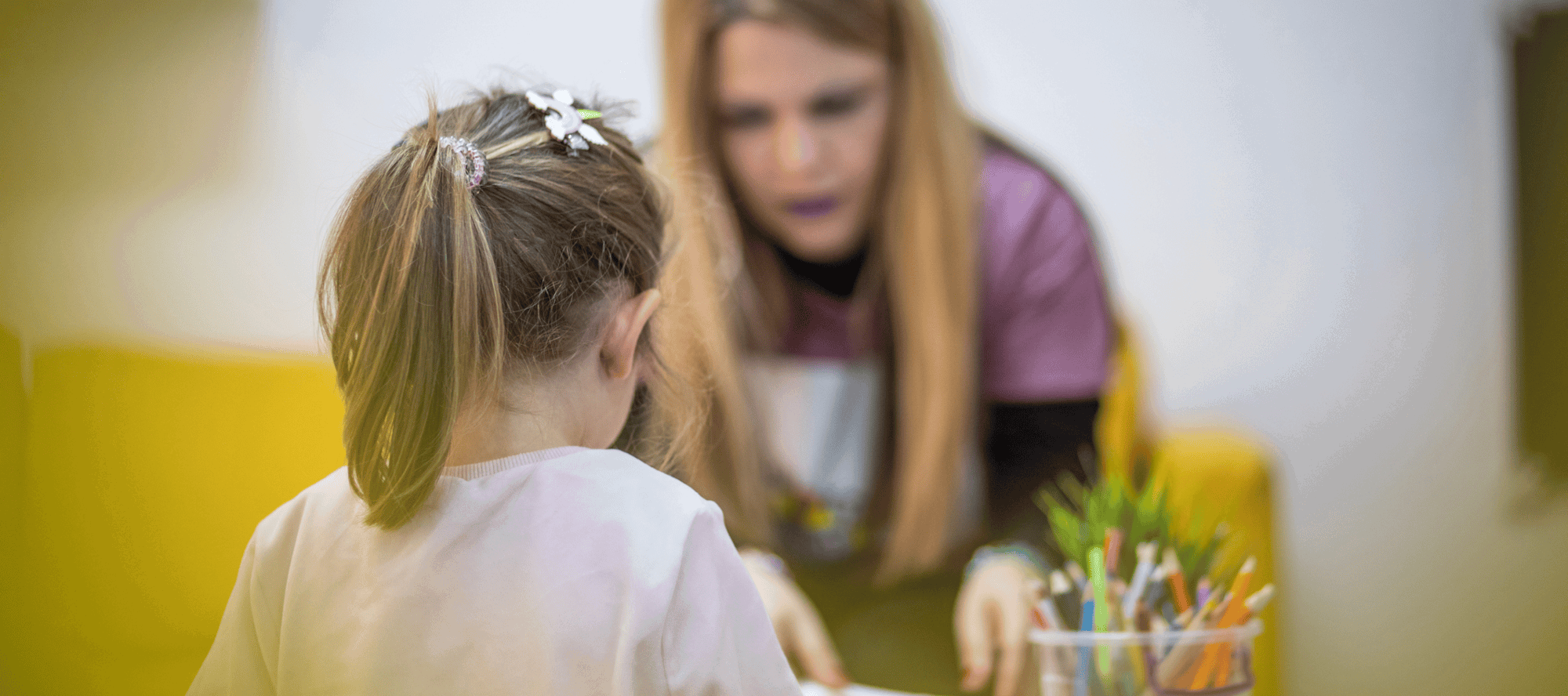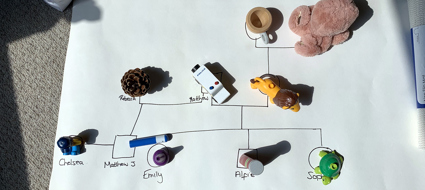Genograms are more than a family tree, they are visual diagrams that contain important relational, cultural, and historical details. An updated Practice Tool aims to support practitioners in using genograms in their practice.
Genograms can support families to identify patterns in their own relationships, as well as helping practitioners to think systemically about a family network. Using circular questions and hypothesising to develop alternative narratives, this technique allows practitioners to gain a better understanding of the family members and structure, which can then inform a support plan.
Using colour-coding and symbols to represent important details, genograms are an important catalyst for exploration and discussion. When used to their full potential they are a relational tool, co-created with a family and young person, that can be revisited and expanded on during a working relationship.
The updated tool explores how genograms can be used with children and families, as well as in supervision and reflective practice. It shares useful guidance, examples and reflective exercises to support practitioners in developing their confidence to use this technique in their everyday practice.
In a supporting blog, Sam Rhodes-Phillips considers how gender is represented in genograms and outlines how symbology can be adapted and personalised to reflect the individual needs of children and their families.
Another blog explores how genograms can be used to build trusting relationships between practitioners and the people they support. Sam Cartwright reflects on this person-centred approach, and the positive impact this has had on outcomes for families.
Using genograms in practice
An updated Practice Tool explores how genograms can be used in direct practice with children, young people and families, both as a tool for direct work and to inform assessment and decision-making.
When working with children and families, it's important for practitioners to develop a reflective perspective on their own understanding of what family means and be curious about how others understand theirs.




